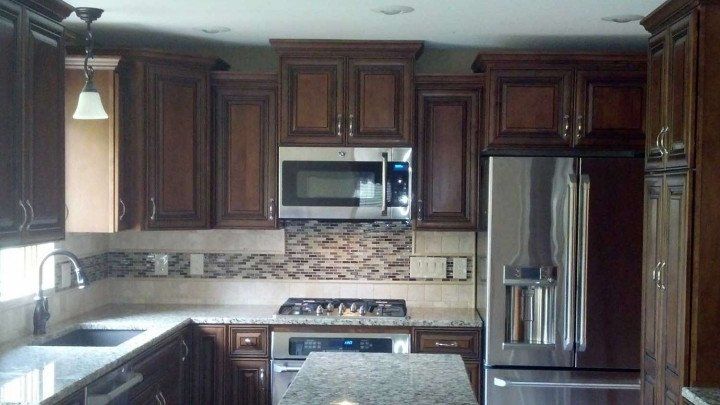Deductions | Credits | Write-Offs
Know Your Tax Credits and Write-Offs
There are three main types of write-offs being offered by the government for home improvements. You can write off medically required improvements, energy-efficiency upgrades and projects performed using a home equity loan (you can write off the interest), or any home equity loan for that matter. Essentially, anything that's considered maintenance, like replacing your leaky roof, or painting the exterior of your home aren't eligible for deductions or credits, however you could get 30% of the cost of new energy efficient windows applied towards your taxes if they qualify.
If you're getting older and need to replace your tub/shower combo with a curbless shower that you can get a walker into with grab bars, a seat and shower wand, you can deduct those as medical expenses. Basically it is any medical expenses that are over 7.5% of your adjusted gross income, but that means that if you already spend 7.5% of your AGI on medical expenses such as treatment and medication, then any income used on you're remodel could be 100% deductible. You cannot however write off sales tax of any materials, or business taxes paid by your remodeler.
As for home equity loans, it's a little more complicated, but essentially you can write off a portion, or all of the interest of a home equity loan, just as you can your mortgage interest. There are certain limitations which are included with the links below.
Finally, there is a subsidized loan offered by the government known as the 203(k) loan. To this day, we haven't had a customer use it, as it is a rare situation. For a homebuyer this can be a very useful tool. If you're buying a home, you can increase your mortgage by up to $35,000 for improvement money. This is money that must be paid back, however it is subsidized by the government to the lender. This plan requires a lot of planning and work, so you should not be in a rush to move in if you are considering the 203(k). Firstly, it typically takes 90 days to close, instead of the typical 30. Secondly, you must submit a plan of action to be taken, along with a quote from a licensed contractor. There is a list of stipulations that go with the 203(k) as well, such as what improvements are covered, so you'll have some homework to do.


